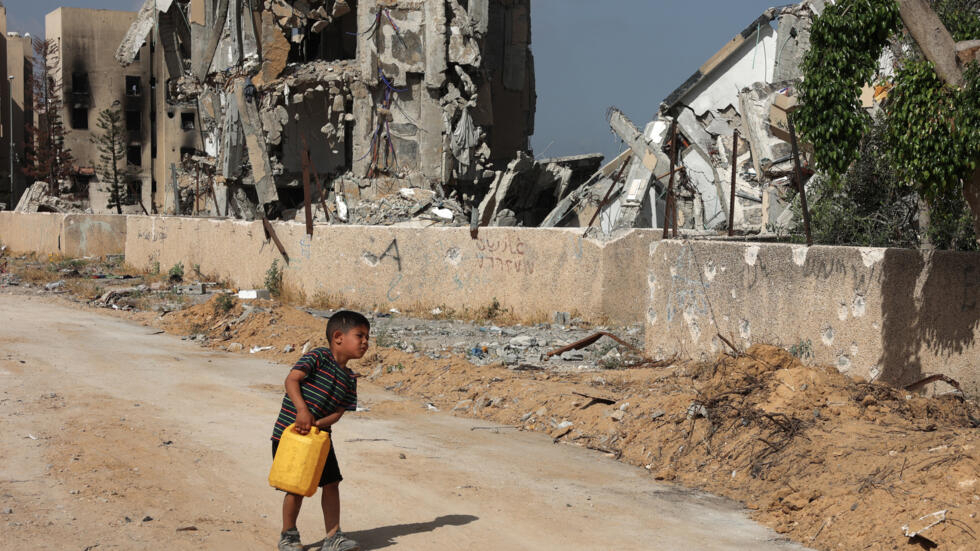PALESTINIAN factions have signed a “national unity” agreement aimed at maintaining Palestinian control over Gaza once Israel’s war on the enclave concludes.
The deal, finalised on Tuesday in China after three days of intensive talks, lays the groundwork for an “interim national reconciliation government” to rule post-war Gaza, said Chinese Foreign Minister Wang Yi. The agreement was signed by long-term rivals Hamas and Fatah, as well as 12 other Palestinian groups.
“Today we sign an agreement for national unity and we say that the path to completing this journey is national unity,” said senior Hamas official Mousa Abu Marzouk at a news conference in Beijing.
Mustafa Barghouti, secretary-general of the Palestinian National Initiative, one of the 14 factions to sign the accord, told Al Jazeera the agreement goes “much further” than any other reached in recent years.
He said its four main elements are the establishment of an interim national unity government, the formation of unified Palestinian leadership ahead of future elections, the free election of a new Palestinian National Council, and a general declaration of unity in the face of ongoing Israeli attacks.
The move towards a unity government is especially important, he said, because it “blocks Israeli efforts to create some sort of collaborative structure against Palestinian interests”.
Reconciliation between Hamas and Fatah would be a key turning point in internal Palestinian relations. The two main Palestinian political parties in the Palestinian territory have been bitter rivals since conflict arose in 2006, after which Hamas seized control of Gaza.
“We’re at a historic junction,” Abu Marzouk said, according to CNN. “Our people are rising up in their efforts to struggle.”
Hamas, which led the October 7 attack on Israel, advocates for armed resistance against Israel’s occupation.
Fatah controls the Palestinian Authority, which has partial administrative control of the occupied West Bank. It favours peaceful negotiations in pursuit of a Palestinian state.
Several past reconciliation bids between the two factions have failed. However, calls have grown for them to come together as the war has dragged on and Israel and its allies, including the United States, have discussed who could govern the enclave after the fighting ends.







